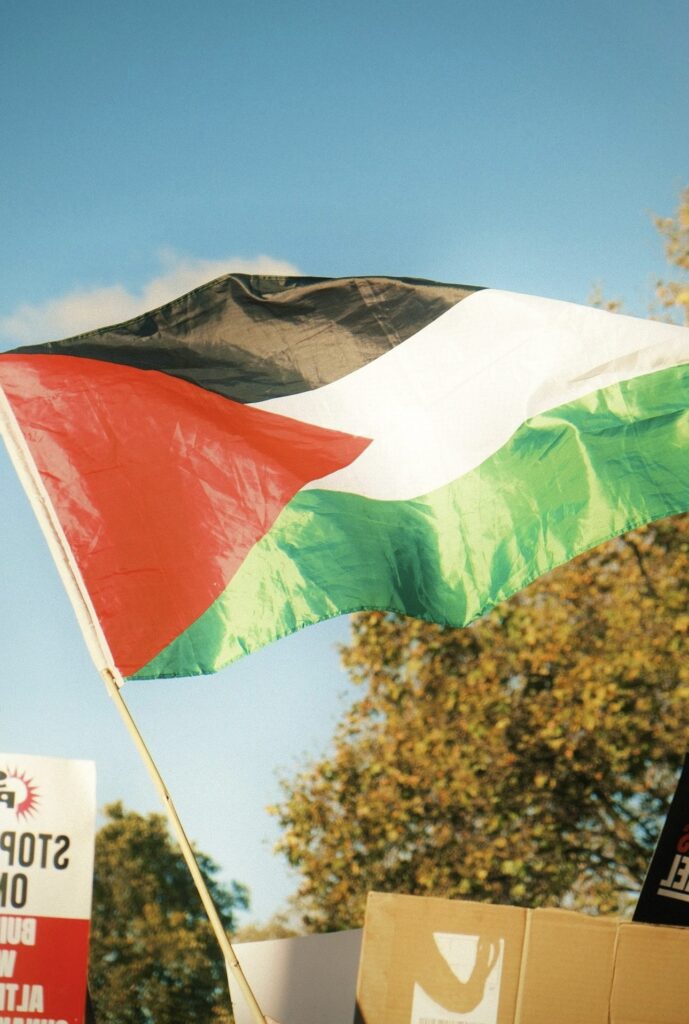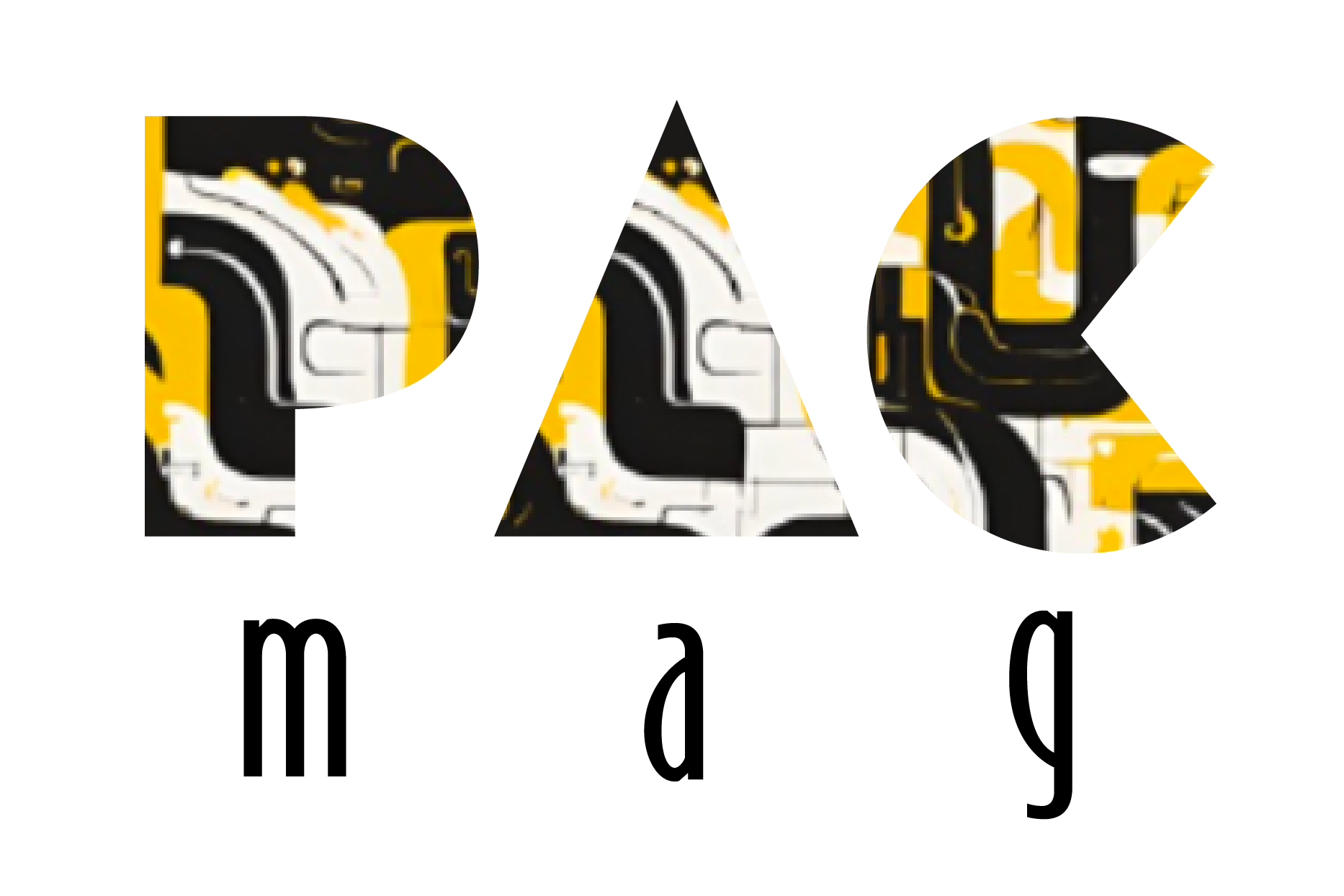
Pro Palestine March. 11th November 2023. Image: Fatma Fedai
The many voices that advocate for the Pro-Palestine movement play a crucial role in educating and making a difference for the cause. These activists both in Palestine and around the world are driven by deep commitment to justice, peace and human rights in the midst of this enduring conflict.
Ertan Faya, 27, is a pro-Palestine activist that works at The New York Times in advertising. He has gained a following of almost 14,000 followers on TikTok, where he makes videos speaking on humanitarian issues, with his most viral post receiving 2.7 million views and almost 500,000 likes. The activist has taken it upon himself to become educated about the current occupation and conflict – or as Amnesty International put it – “genocide”. For years, he has made it his mission to speak up for the Pro-Palestine movement.
Faya tells us he has attended countless protests, read books such as The 100 years of war on Palestine and Ethnic cleansing of Palestine, watched documentaries including The occupation of the American mind, watched films like Farha and done extensive research over the years to deepen his knowledge on the topic.
What is your opinion of the ceasefire deal?
“It was hopeful but extremely late. The international community and Israel should’ve done this a long time ago, preventing more civilian casualties. I didn’t believe Israel would hold up the deal, as in the past they have broken it countless times. From what we’ve seen since it was signed, Israel is breaking those terms again and not allowing the promised aid into Gaza.”
Do you believe the ceasefire has been upheld correctly?
“No. From the start of the deal, Israel has not followed the terms of the ceasefire. For example, they did not allow for the agreed amount of humanitarian aid trucks in and tents for the civilians. They have also been continuing the aggression and killing civilians.”
What are the immediate humanitarian needs in Gaza?
“Medical supplies, medicine, food and water. The need for tents is also essential as there are not many places for people to go, as their homes have been destroyed.”
How has the portrayal of the crisis shaped public opinion?
“It has been disappointing. The mainstream media use different language when describing the killing of Palestinians as “dead” rather than “killed” or “murdered”. There’s a lack of emotive language which some could argue dehumanises the Palestinians and also takes the responsibility off of Israel for their crimes against humanity. What has shaped people’s minds and opinions about this is the activism on social media, despite attempts to censor. It is thanks to those on social media and their activism in the real world that has taught people what is happening and sharing on the ground news.”
Has the rebuilding of Gaza started?
“No. The aggression from Israel has been continuous and they have destroyed the infrastructure of Gaza. They have even attacked places that are meant to be protected by international law, such as hospitals. The aggression needs to come to a complete stop. Rebuilding Gaza will not be easy. It’ll cost a lot and take years.”
Have you been in contact with anyone currently in Gaza?
“Not in Gaza, but I have been in contact with someone in the West Bank. He needed help to leave so me and a few others tried to get him out and into a university in the UK.”
What can be done to help?
“Continuously speaking about Palestine, donating to on the ground foundations and holding our government accountable for having a hand in this genocide. Stop arming Israel.”
